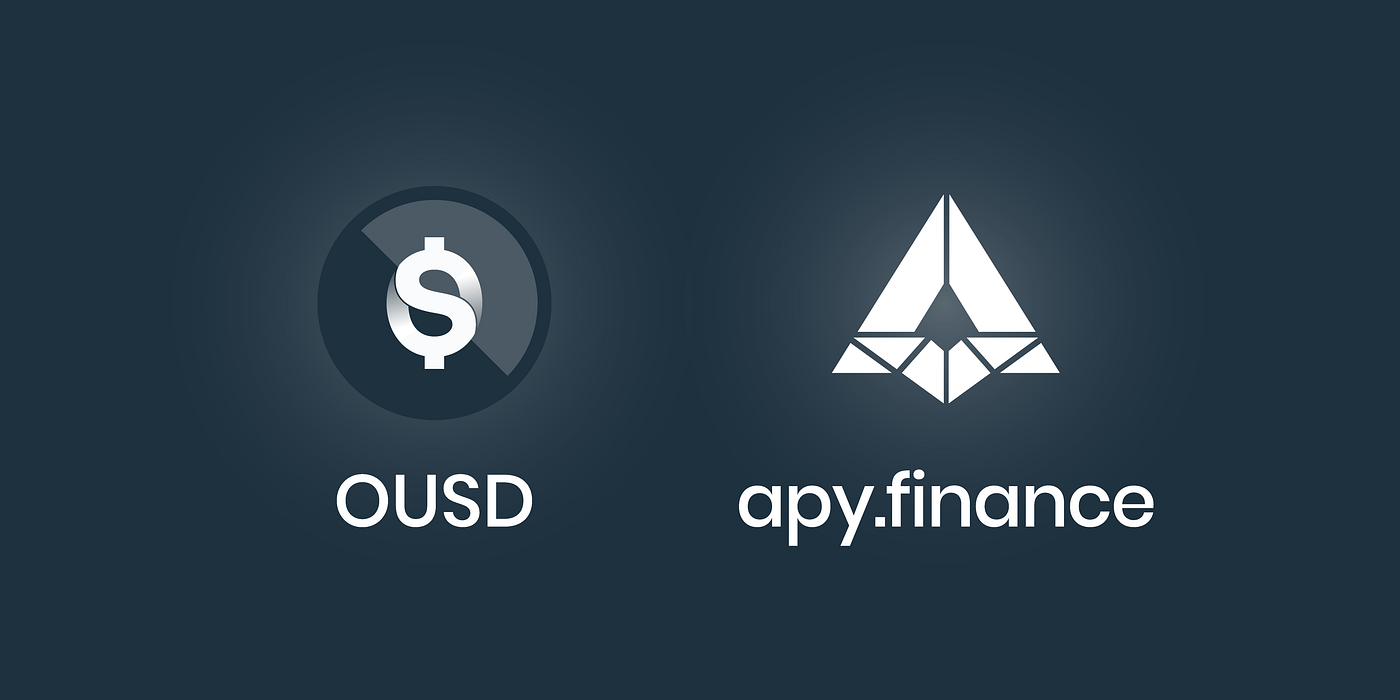A 401(k) loan is a tool you can utilize to get https://pbase.com/topics/muallerjpx/kgqcyzu245 cash and then repay it in regular installments. These loans are usually interest-free. When you pay interest on them, it goes right back into your cost savings account, Look at this website all set for you to gain access to in the future. The downside is that you will lose on the return that your obtained funds might have created, had you left them in your account. If you default on any exceptional loans, the IRS may choose that they are not tax-deductible, increasing your income tax expense. Finding a 2nd home is a challenge, especially if you intend on buying in an area you do not understand much about.
They will be able to offer you all the info you need to make a sound choice. Inevitably, you will face unforeseen extra expenses when purchasing a 2nd house or getaway home. Things like needing to renovate the residential or commercial property or paying a company to handle it when you're not there all consume into your returns. You might also need to pay additional insurance coverage costs if you lease it out. Sadly, not everybody can manage to buy a second house upfront. The amount that you can obtain will depend on just how much of your after-tax income currently goes towards paying the mortgage on your existing residential or commercial property.
Taxes on second houses differ from those on primary houses. Again, this can eat into your returns and trigger you monetary headaches if you do not totally comprehend it. You can't, for example, deduce second-mortgage interest from your taxable earnings. When it pertains to financing your 2nd house, therefore, you have plenty of options. So long as you have enough wealth already, you can typically generate considerable extra earnings from a 2nd home and enjoy it whenever you like. Related:.
If you decide to get another home loan to pay for a second home, lenders will look carefully at your debt-to-income (DTI) ratio to identify whether you can handle two home mortgage payments. A low DTI also works to your benefit since it helps you qualify for a lower interest rate on the loan. For second homes, loan providers prefer a DTI listed below 36%. If your DTI is high, you have several alternatives. You can pay off more financial obligation before buying another home, buy a less costly house or increase the amount of your down payment. Some loan providers desire a deposit of 10-20% on second homes, potentially more if it's purely an financial investment property. Initially, build up all the costs. Not just the costs that go into the purchase, but the expenses that may not be instantly apparent. These include your down payment and month-to-month mortgage payments, along with closing costs, utilities, residential or commercial property taxes, insurance coverage, landscaping, travel expenses and other maintenance. On your primary mortgage, you may be able to put as low as 5% down, depending on your credit report and other factors. On a 2nd house, nevertheless, you will likely need to put down at least 10%. Since a second mortgage generally includes more monetary pressure for a homebuyer, lenders normally look for a slightly higher credit rating on a second home loan.
Otherwise, the procedure of making an application for a 2nd house mortgage resembles that of a primary house mortgage. As with any loan, you must do your research, talk with numerous lending institutions and choose the loan that works finest for you. Prior to you request a 2nd home mortgage, evaluate your credit score, properties and income, much like a lender will. To buy a second house, you'll likely require additional money in reserve that could cover your home loan payments in case you have a short-lived loss of income. Well-qualified people likely need a minimum of 2 months of reserves, while less-qualified candidates may need at least 6 months of reserves.

Debt-to-income (DTI) requirements for a second home mortgage might depend on your credit report and the size of your down payment. Usually speaking, the more you put down and the higher your credit score, the most likely your lending institution will allow a greater DTI. Some property owners may select to offset their costs by renting their vacation homes when they're not using them. Doing this could breach your home loan terms due to the fact that you are using the residential or commercial property as a financial investment rather of a true 2nd house, resulting in greater danger to the loan provider. To qualify as a holiday or 2nd home, the home should: Be lived in by the owner for some part of the year Be a one-unit home that can be used year-round Belong only to the buyer Not be leased, or run by a management firm You have a few options to think about when making a deposit on your second home.
If you have actually built up enough equity in your primary home, a cash-out refinance allows you to use that equity, specifically if your home has actually increased in value because you purchased it. Borrowers with excellent credit can generally obtain approximately 80% of their home's existing worth (How to owner finance a home). Before you go this instructions, make sure you can pay for the larger regular monthly payment you'll now owe on your main home. A HELOC, mytimeshareexpert or home equity line of credit, on your main house is another popular option. If you have enough equity in your primary home, you can get a credit line and utilize those funds to make a deposit on your 2nd property.

Everything about What Is The Difference Between Accounting And Finance
Buying a second home may appear difficult, but if you know what to expect and evaluate your finances, it might be easier than you think (How many years can you finance a boat). Keep these consider mind as you think of whether you can afford a second house, and how to get a mortgage for it.